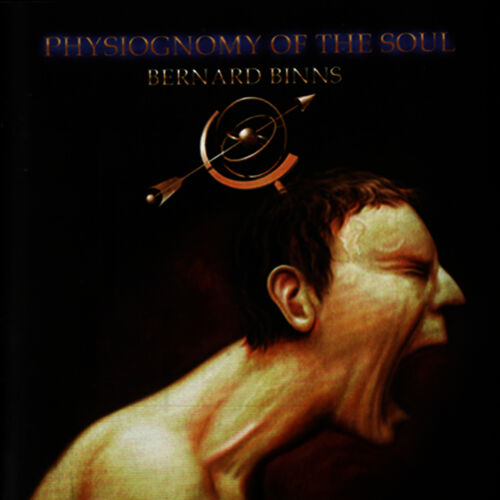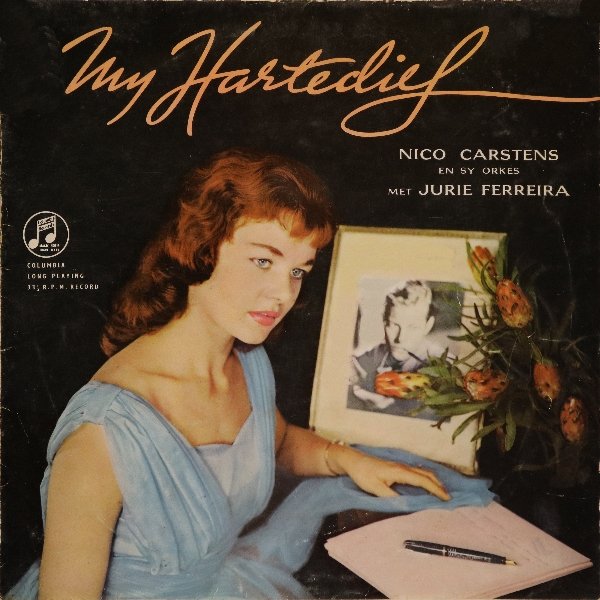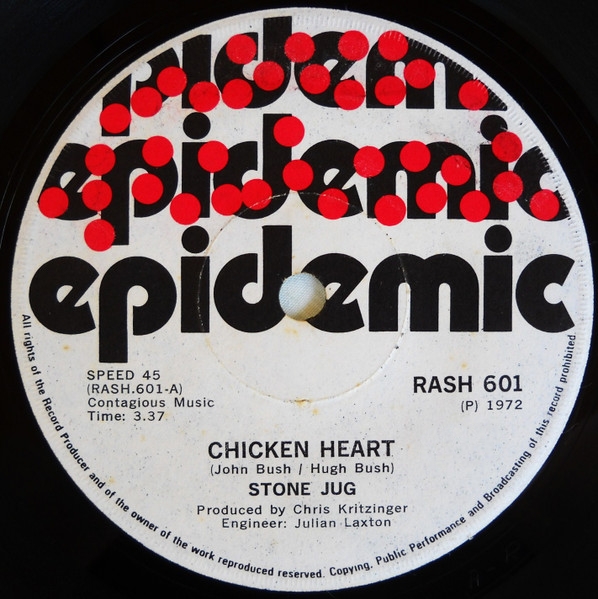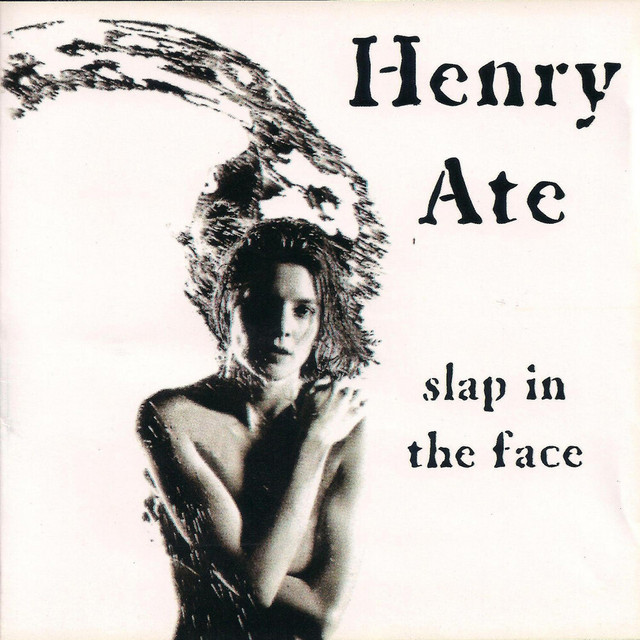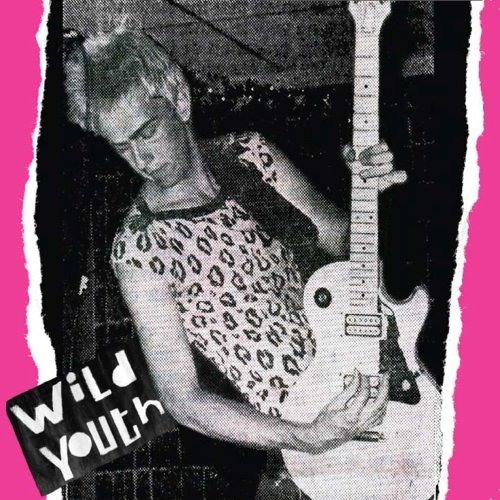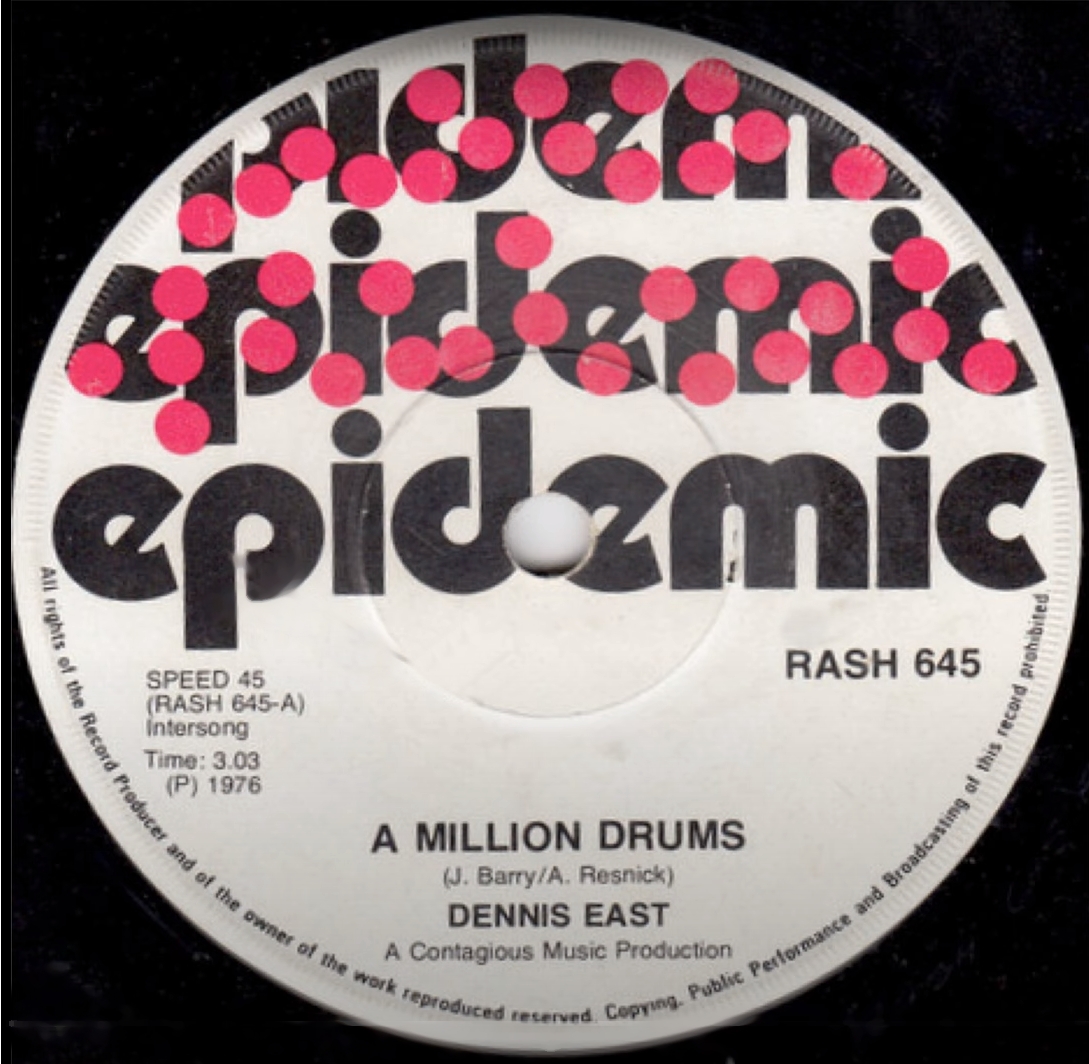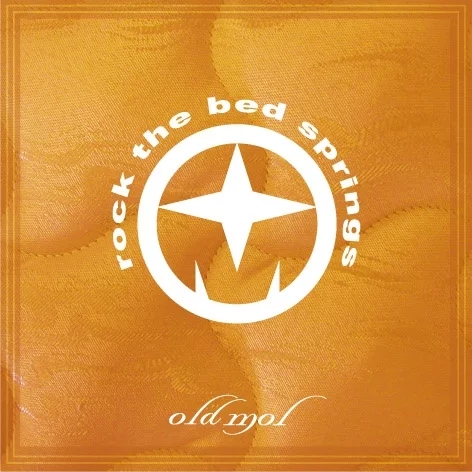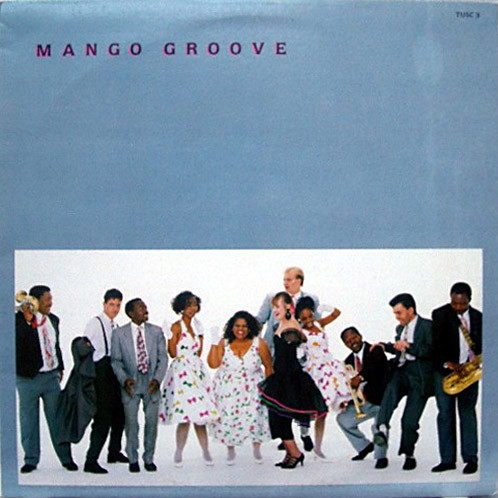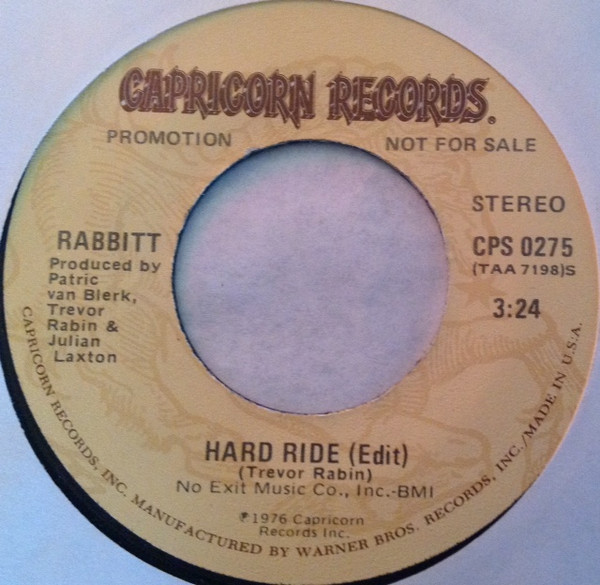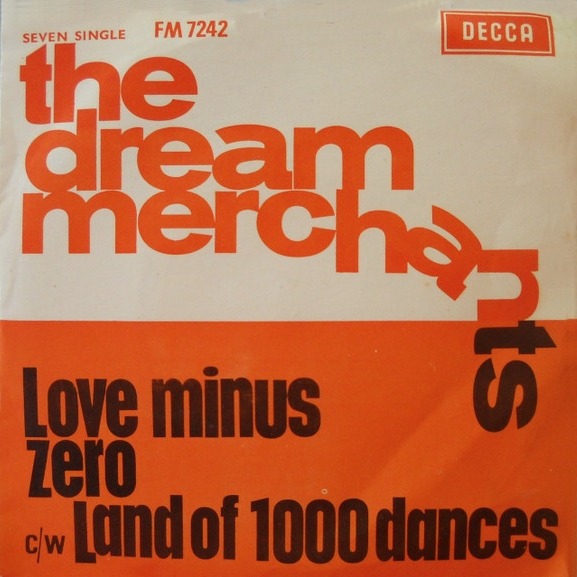Mon Amie (My Friend) – Bernard Binns
When the Helicopters eventually landed, after having a rather fruitful 80’s with hits such as ‘Mysteries And Jealousies’, ‘Only For You’ and ‘Whisper Your Secret’, lead singer, Bernard Binns, would go on to team up with ex-Ella Mental Guitarist Adrian Levi and produced an album in the dying moments of the 20th century. The album was ‘Physiognomy Of The Soul’ and it ended up being ranked 10th on the SA Rockdigest’s 2000 Albums Of The Year list.
‘Mon Amie (My Friend)’ would rank 29th on the Digest’s Songs Of The Year list and if you hear it without knowing who the artist was, you’re be wondering who was singing. Not because Bernard’s voice sounds different to how it sounded when he was a Helicopter, but because the music surrounding the voice is so different. Gone are the synthesizers and electronic drums that made The Helicopters famous. Gone are the catchy pop riffs that made those hits. Instead, we have a moody piano intro which lasts just over a minute before a stummed guitar comes in alongside Bernard’s plummy vocals. The opening line, ‘Can you see me as I dream alone/angels high above my soul’, puts further distance between this solo material and his earlier work with The Helicopters.
This is a lot more serious stuff. It is gentle and sophisticated, featuring an interlude of French narrative spoken by a sultry female voice, and a soaring chorus. It’s jazzy and poignant. The lyric ‘Mon Amie my fried/in a new world’ has a good ring to it as Binns was certainly in a new musical world with this song.
Where to find it:
Physiognomy of the Soul – Bernard Binns (1999), The Hedonist Suite, HS000199
Video:
